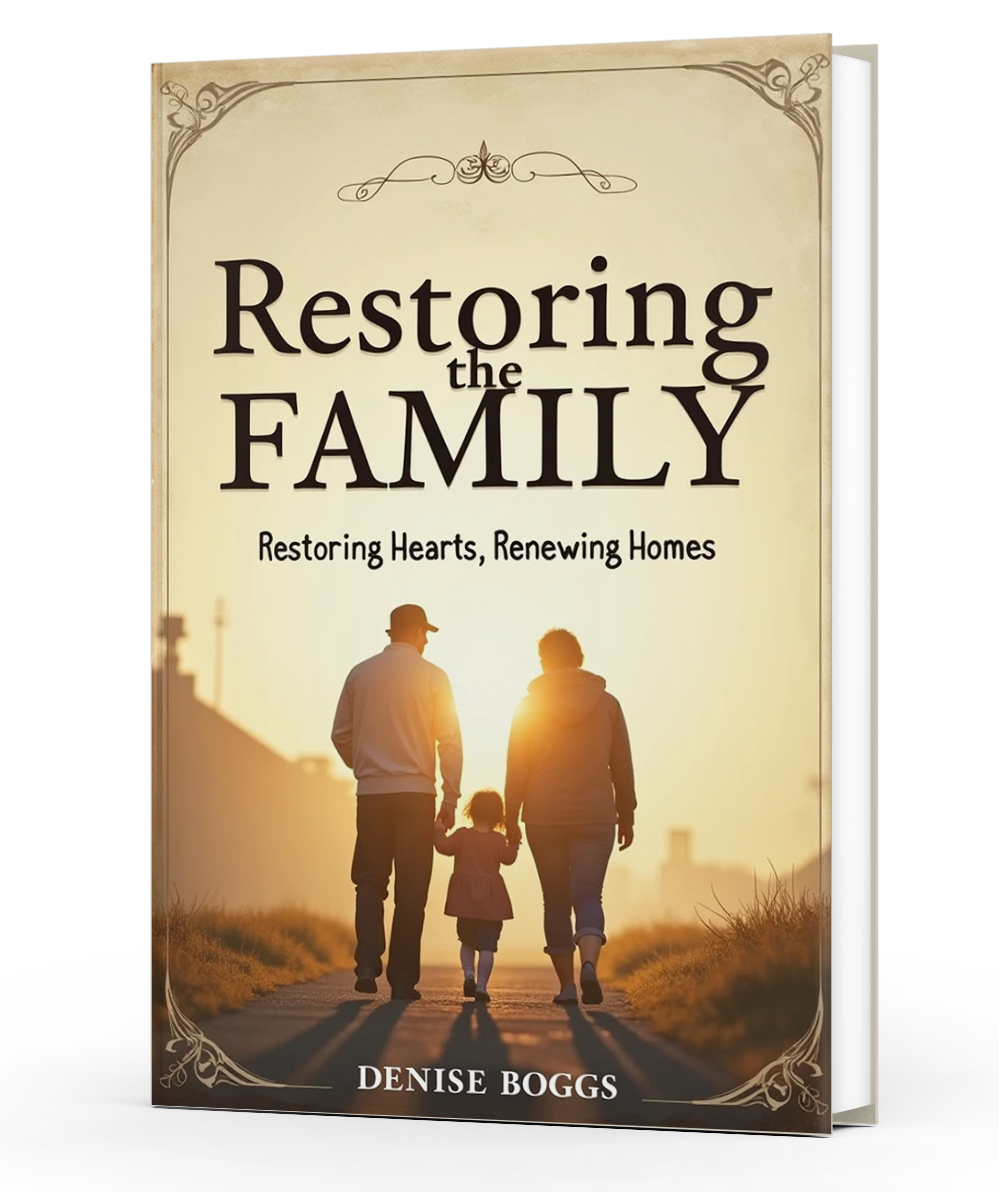Table of Contents:
- The Importance of Love and Compassion
- The Role of Forgiveness and Reconciliation
- Restoring Trust Through Honesty and Integrity
- Building a Family Foundation on Faith
- FAQs
Introduction
Restoring families after they have been damaged by conflict, trauma, or years of unresolved pain requires more than just good intentions. It requires a commitment to following biblical principles that guide the family toward healing and restoration. God’s Word offers timeless wisdom and practical guidance for families who desire to rebuild broken relationships and establish a strong, unified home. This article outlines four core biblical principles that serve as the foundation for restoring families: love, forgiveness, trust, and faith.
- The Importance of Love and Compassion
Love and compassion are at the heart of any effort to restore a family. Families need to create an environment where every member feels loved, accepted, and understood, regardless of their faults or past mistakes. When love is the driving force, families can overcome any challenge.
1 Corinthians 13:4-7 reminds us, “Love is patient, love is kind. It does not envy, it does not boast, it is not proud… It always protects, always trusts, always hopes, always perseveres.” Families should strive to practice this unconditional love in every interaction, fostering a spirit of compassion and empathy.
- The Role of Forgiveness and Reconciliation
Forgiveness is central to the restoration process. Without it, families remain stuck in bitterness and resentment. True forgiveness means letting go of the past and choosing to focus on building a new future together.
Ephesians 4:32 advises, “Be kind and compassionate to one another, forgiving each other, just as in Christ God forgave you.” Forgiveness doesn’t excuse wrongs but frees both the offended and the offender from the burden of past hurts, paving the way for reconciliation.
- Restoring Trust Through Honesty and Integrity
Trust is the glue that holds families together, but once it’s broken, it can be difficult to restore. Rebuilding trust requires honesty, integrity, and a willingness to be vulnerable. Family members must commit to being transparent in their actions and words, showing that they are trustworthy over time.
Proverbs 12:22 says, “The Lord detests lying lips, but he delights in people who are trustworthy.” Being honest, even when it’s difficult, is the key to restoring trust and rebuilding the foundation of the family.
- Building a Family Foundation on Faith
A strong family foundation is built on faith. Families who turn to God for guidance, strength, and wisdom are more likely to navigate life’s challenges successfully. Regular prayer, scripture study, and a commitment to following God’s Word help families stay united and resilient.
Joshua 24:15 declares, “But as for me and my household, we will serve the Lord.” Establishing a family identity rooted in faith gives families a shared purpose and a source of hope during difficult times.
FAQs
- What is the most important biblical principle for restoring families?
The most important principle is love, as it creates an environment where healing can flourish and where forgiveness and trust can be rebuilt. - How can families practice forgiveness daily?
Start by letting go of minor grievances and choosing to respond with grace. Acknowledge each other’s efforts to change and build on small acts of kindness. - Why is trust so difficult to restore?
Trust is based on consistent actions over time. It requires honesty and integrity, even in small matters, to rebuild confidence in each other. - How does faith help in restoring families?
Faith provides a shared foundation and a source of strength. It encourages families to seek God’s guidance and remain hopeful during the restoration process.




